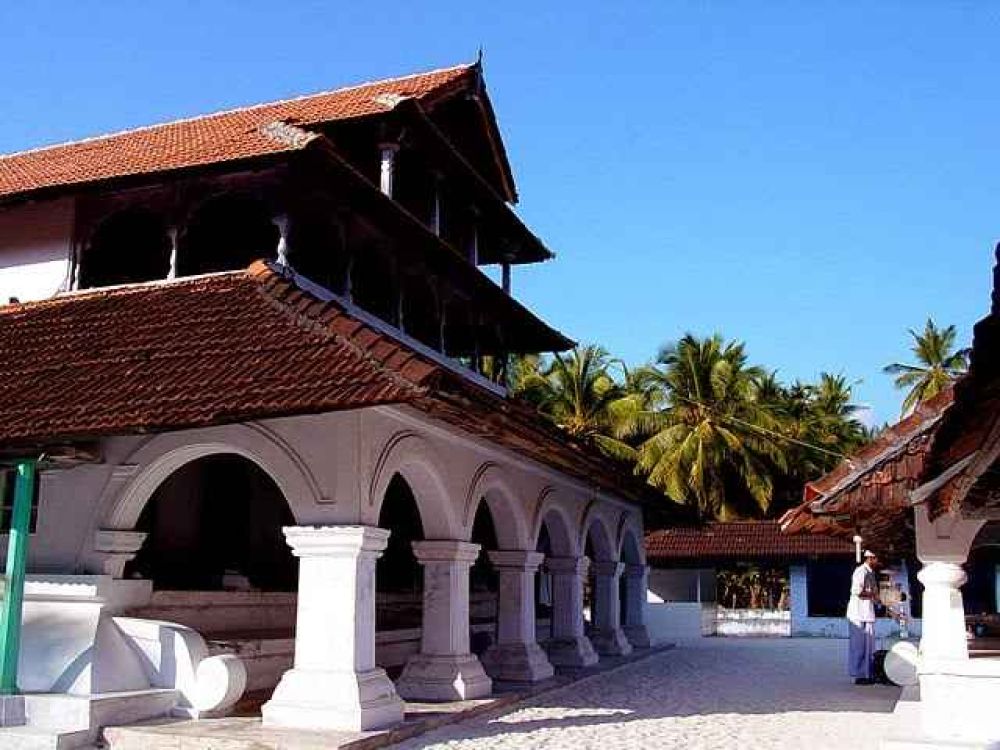

Nestled in the heart of the Arabian Sea, the Lakshadweep archipelago is a captivating destination for tourists seeking both tranquility and adventure. Among the gems of these islands is the Jumah Mosque situated on Andrott Island, which is also known as Androth Island. This mosque is not just a place of worship but a significant landmark that offers a glimpse into the island's historical and cultural tapestry.
The Jumah Mosque is an embodiment of the spiritual legacy that has spanned many centuries on Andrott Island. Said to be built during the period when Islam was introduced to the island, it has stood the test of time, offering prayers and solace to generations of islanders. One of the most striking historical features of the Jumah Mosque is the grave of Saint Ubaidullah, whose presence is thought to have brought Islam to the island in the 7th century.
Saint Ubaidullah is revered by locals and the story of his arrival and subsequent conversion of the island to Islam is an integral part of Andrott’s legacy. As such, this mosque is not merely a place of religious significance; it is a monument that records the island's history of religious transformation and the blend of cultures through the ages.
Although tourism in Lakshadweep has been developing progressively, Andrott Island's Jumah Mosque remained a lesser-known destination for many years. However, with an increase in interest for off-the-beaten-path experiences, more tourists are now exploring the island’s rich heritage and visiting the mosque.
Visiting the mosque provides a serene experience far from the bustling city life. Tourists are encouraged to respect the religious sentiments associated with the place, dressing modestly and behaving considerately. The presence of the mosque adds a spiritual dimension to the island, where one can experience the intertwining of history, culture, and religion.
The latest trends in Lakshadweep tourism include eco-friendly travel, with many tourists looking for sustainable options that minimize environmental impact on these delicate island ecosystems. Another trend is the growth of water-based activities such as snorkeling and scuba diving, which allow visitors to explore the rich marine life surrounding the islands.
The local government has also been working on developing the necessary infrastructure to support tourism while preserving the natural beauty and cultural identity of the islands. There is an emphasis on promoting homestays, engaging local communities, and providing authentic experiences for tourists.
Visiting the Jumah Mosque on Andrott Island offers a touching experience that is both meditative and enlightening, providing insights into the historical depth and cultural fabric of Lakshadweep’s communities.